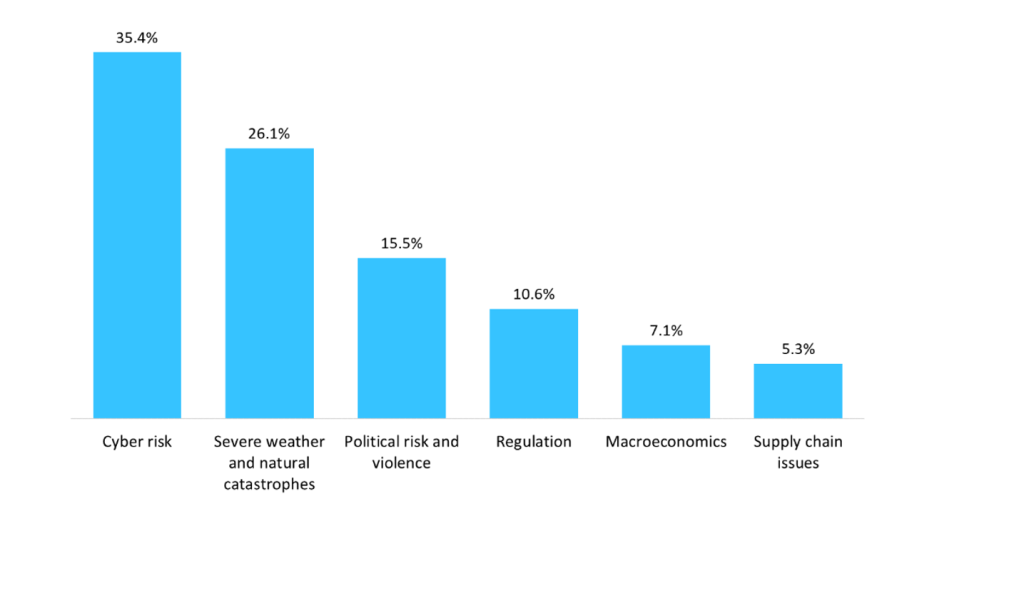created a need for life insurance companies to reassess their risk
management, the UK’s Financial Services Authority’s (FSA) director
and insurance sector leader, Sarah Wilson stressed in a speech
delivered at a conference convened in London by the Institute of
Economic Affairs in May.
“The last nine months has taught us all that the unlikely can
become reality and that a whole sector of financial services can be
affected by exactly the same issue,” said Wilson. She continued
that downside risks have increased and this has had the effect of
making the financial sector as a whole more vulnerable to future
shocks, a situation that demands that insurers review their
assumptions and, in particular, their stress and scenario
tests.
Wilson was referring to the Individual Capital Adequacy Standards
(ICAS) regime introduced between 2005 and 2007. The ICAS requires
UK life insurers to do their own capital modelling with the
objective of having sufficient capital to ensure a 99.5 percent
probability of survival within one year.
Addressing the issue of stress testing, Wilson emphasised that
insurers should consider whether there is a need to recalibrate
their models. “Most obviously, recent events might cause life
companies to re-examine and strengthen stress tests for market and
credit risk and for changes in correlation assumptions,” Wilson
said.
On scenario testing she urged insurers to review the adequacy of
their work to date. “In the light of recent events, we are
encouraging firms to consider whether they need to carry out a more
extensive range of scenario analyses than hitherto, thinking
carefully about the ripple effect whereby in stressed conditions
one event could lead to multiple and unusual knock-on
effects.”
Wilson stressed that scenarios must be what she termed sensible.
“Firms should be using their own judgements, applying them to their
own business and ensuring that their ICAS calculations encapsulate
these plausible scenarios.
How well do you really know your competitors?
Access the most comprehensive Company Profiles on the market, powered by GlobalData. Save hours of research. Gain competitive edge.

Thank you!
Your download email will arrive shortly
Not ready to buy yet? Download a free sample
We are confident about the unique quality of our Company Profiles. However, we want you to make the most beneficial decision for your business, so we offer a free sample that you can download by submitting the below form
By GlobalData“We expect firms to be thinking through for themselves the
scenarios that they feel they would need to survive, as well as
identifying those scenarios that would lead to financial failure,”
she said.
On a critical note, she continued: “By contrast, in the past some
firms appear to choose scenarios that simply validate the capital
answer that they have already arrived at, whereas we expect a
mindset that allows for scenario modelling changing the
result.”
Wilson also highlighted that recent market events have revealed
that asset classes can be far more correlated than had previously
been assumed.
“Firms were assuming greater diversification benefits than we
thought were reasonable,” she stressed. “We expect firms to be
considering the implications,” she added.
On a positive note Wilson emphasised that at present the FSA has
not come to the conclusion that current market conditions revealed
that insurers’ previous stress and scenario tests have understated
capital requirements. “Rather we are expecting insurers to keep
their modelling up to date and consider its implications as would
be normal good practice in risk management,” Wilson concluded.







